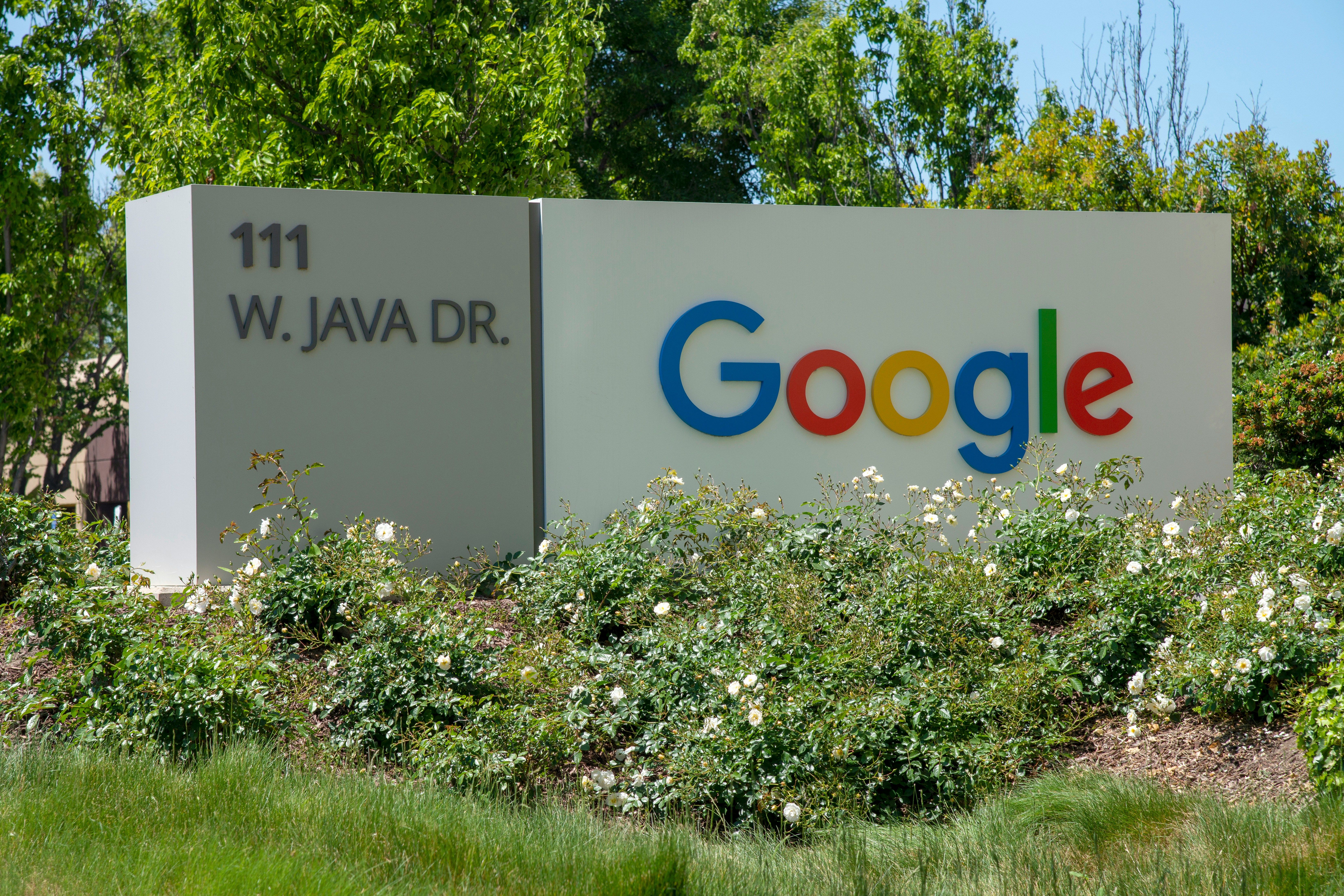Google, the giant that has nestled itself deeply into our daily lives, not just through search engines but with a myriad of products and services, has once again ascended to rarefied heights. It's official: Google's parent company, Alphabet, has been valued at over a whopping $2 trillion. Let that sink in for a moment.
Google hit this financial milestone after some serious shaking and moving in the realms of artificial intelligence (AI) and strategic business shifts, proving yet again that they're not just about keeping us organized or leading us to the nearest coffee shop. They're a force to be reckoned with, navigating through challenges such as intense regulatory scrutiny and cutting-edge technological advancements. So, what propelled Google back into the stratosphere of the $2T club?
Significant Financial Moves Sparking Growth

Photo by Greg Bulla on Unsplash
Introduction of the First-Ever Dividend
In an unprecedented move, Google announced its first-ever dividend, turning a new page in its financial playbook which historically focused solely on growth. This initiative not only returns value directly to shareholders but also signifies a shift towards a more mature, shareholder-friendly corporate approach amidst the tech giant's meteoric growth. This dividend declaration came hand-in-hand with a groundbreaking $70 billion share buyback, signaling strong confidence from the management in the company's financial health and future prospects. These bold financial strategies have evidently resonated well with investors, as reflected in the sustained elevation of Google's market valuation over the $2 trillion mark.
Implementation of a $70 Billion Share Buyback
Alongside announcing its first dividend, Google revealed a massive $70 billion share buyback program, one of the largest in tech industry history. This strategic move aims not only to enhance shareholder value by reducing the number of shares outstanding, thereby potentially increasing earnings per share but also demonstrates a robust balance sheet and a strong vote of confidence in the company’s future. This financial strategy plays a critical role in maintaining investor interest and trust, particularly during a period where tech companies face significant scrutiny and market volatility.
Strategic Alignments Amidst AI Challenges

Photo by Hanyang Zhang on Unsplash
Restructuring Around AI Technology
As Google steps into its new "Gemini era," a massive restructuring effort is underway, focusing heavily on integrating AI across its various operations. This restructuring is not just a mere realignment of teams but a fundamental rethinking of how products are developed and delivered. From search engines to smartphone integration, AI is now at the core of Google’s product development strategy. This shift promises not only to keep Google at the competitive forefront of technological innovation but also to redefine the industry standards for search engines and digital advertising.
Monetization Through AI Advances
Google's strategy to monetize its AI technology is already bearing fruit. Innovative tools like the Performance Max tool are helping advertisers target users more effectively with AI, leading to increased campaign efficiency and effectiveness. Moreover, partnerships with notable companies like Discover Financial and Ikea are leveraging Google's AI to enhance operational efficiencies and increase revenue streams. These advancements highlight Google’s ability to not only adapt to AI technology but also to capitalize on it commercially, setting the stage for new revenue models in the tech industry.
Continuity and Adjustment in Personnel
With the introduction of cutting-edge technology and strategic shifts, Google has also had to make difficult decisions regarding its workforce. The initial phases saw significant layoffs as part of cost-management measures. However, recent reports suggest a slowdown or halt in such drastic measures as the company stabilizes its restructuring efforts. Moving forward, Google is likely focusing on retraining and realigning its workforce to fit into its new AI-centric agenda, ensuring that its team is not only lean but highly skilled and adaptable to the forthcoming technological advancements. This balance of continuity and adjustment in its personnel strategies remains crucial for sustaining innovation and operational excellence.
Google's adept navigation through financial strategies and strategic realignments demonstrates a forward-thinking approach that not only addresses immediate technological advancements such as AI but also sets a robust foundation for sustainable growth. The continuous adjustment and preparedness for future challenges reflect Google's commitment to maintaining its leadership in the tech industry, all while significantly enhancing shareholder value.
Google's Standing Among Tech Giants

Photo by sarah b on Unsplash
Comparison with Direct Competitors
When stacked against its closest competitors, Google's recent market capitalization paints a vivid picture of the ongoing tussle for dominance among tech behemoths. As of the latest financial disclosures, Google trails behind Microsoft ($3.0 trillion), Apple ($2.6 trillion), and Nvidia ($2.2 trillion), yet it stands ahead of other major players like Amazon ($1.8 trillion) and Meta ($1.1 trillion). This positioning reflects a complex landscape where each entity is grappling with unique challenges and opportunities, particularly in the realms of AI and regulatory navigation. For instance, while Meta suffers from a significant stock decline due to its heavy investments in AI, Google has adeptly leveraged AI to strengthen its advertising and search capabilities, ensuring a more stable stock performance and investor confidence.
Market Capitalization Achievements
Google's journey back to a $2 trillion market cap is marked by notable financial maneuvers and strategic pivots, primarily driven by its profound engagements with AI technologies and shrewd corporate adjustments. The introduction of the Gemini AI model and substantial restructuring across various teams underline Google’s commitment to integrating AI into its core operations. These moves have not only fortified its market position but have also driven a significant 15% year-over-year revenue increase as reported in their Q1 2024 earnings.
From a shareholder perspective, these financial results were complemented by Google's announcement of its first-ever dividend alongside a staggering $70 billion share buyback plan, signaling strong future prospects and stable financial health. Furthermore, operational efficiencies were underscored by improvements in ad targeting capabilities through AI, notably in the Performance Max tool which boosted advertiser campaign outcomes by 63% in terms of ad strength.
The road ahead for Google, as it navigates through the complexities of market expectations and technological advancements, especially in AI, seems both challenging and promising. As the tech giant continues to innovate and expand its market influence, its strategies and adaptations will be crucial in maintaining its position in the competitive $2T club.






